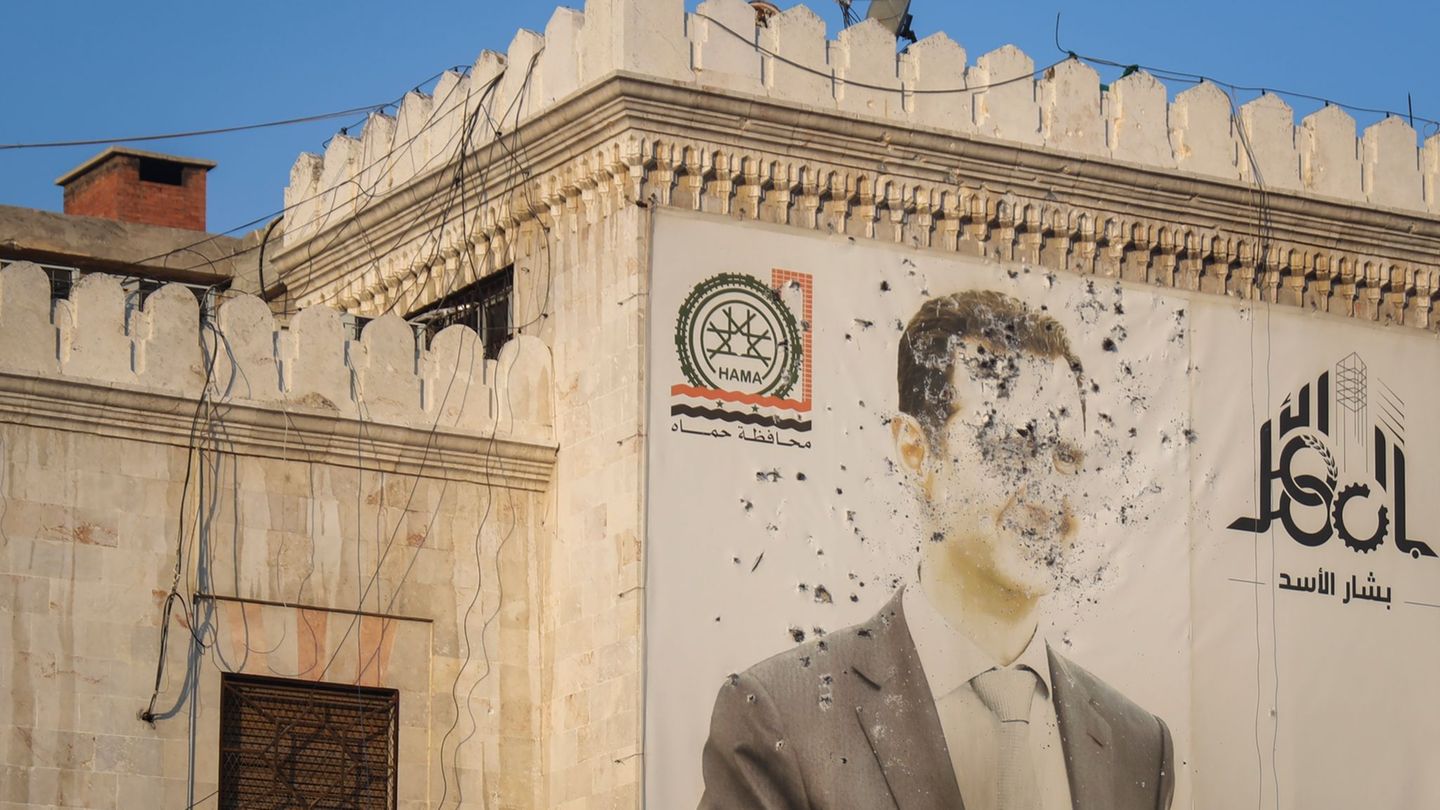Despite warnings from the international community, the parliament of the Serbian part of the country, Republika Srpska, decided on Friday evening to withdraw powers from the central government in the areas of taxes, justice, security and defense. The Bosnian media reported.
This was run by Milorad Dodik, head of the SNDS party and a Serbian member of the state presidency of Bosnia-Herzegovina. Dodik initially left it open as to whether he – as announced earlier – wanted to create a separate army for the Republika Srpska.
Almost all of the opposition stayed away from the vote in the Banja Luka parliament in protest. Nevertheless, the proposal by Dodik’s party achieved a clear majority with 49 votes in favor. Dodik announced that it would initiate laws within six months in which the areas for which the central state is no longer recognized as being responsible will be reorganized.
The Serbian parliament had already decided to split off from the central pharmaceutical authority in October. As a result, the highest public prosecutor’s office in the capital Sarajevo launched an investigation into suspected “violation of the constitutional order of Bosnia and Herzegovina”.
For years, Dodik has threatened to separate the Republika Srpska from the Bosnian state. Bosnia-Herzegovina is nothing more than “a paper republic”, stressed Dodik in the parliament of Banja Luka on Friday.
Dodik’s venture threatens to destroy the architecture of the 1995 Dayton Peace Accords. This ended more than three years of war between Serbs, Croats and Bosniaks. The treaty created two largely autonomous parts of the country, the Serbian Republic (Republika Srpska) and the Bosniak-Croatian Federation. A number of state institutions are intended to guarantee the normal functioning of the state of Bosnia-Herzegovina.
On the basis of the Dayton Treaty, a high representative formally controls the political process in Bosnia-Herzegovina. Among other things, he is allowed to enact laws. The so-called Peace Implementation Council (PIC) gives him his mandate. In the run-up to the parliamentary vote in Banja Luka, PIC had warned: These decisions would set the peace-building reforms in the country back by 26 years and jeopardize its intended rapprochement with the EU. The German politician Christian Schmidt has been a high representative in Sarajevo since August 1st. Previously, since 2009, the office was held by the Austrian diplomat Valentin Inzko.
Source: Nachrichten




